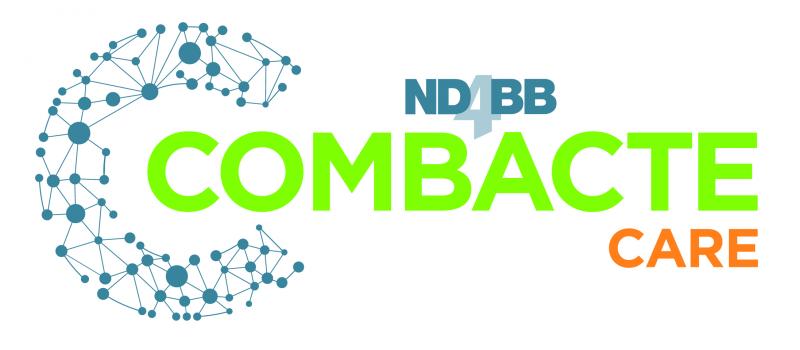Antimicrobial resistance (AMR) represents a serious and growing threat to human and animal health worldwide. In the EU alone, AMR is responsible for some 25 000 deaths every year, and the annual treatment and social costs have been estimated at €1.5 billion. Meanwhile, new forms of resistance continue to arise and spread, leaving clinicians with few weapons to bring infections under control. Yet despite the recognised need for new antibiotics, the reality is that only two new classes of antibiotics have been brought to the market in the last three decades.
In many cases, where infections are already resistant to many antibiotics, the treatment of last resort is a class of antibiotics called carbapanems. Unfortunately, recent years have seen a rise in cases of infections caused by bacteria known as carbapanem-resistant enterobacteriaceae (CRE) that, as their name suggests, are resistant to carbapanems. CRE infections are most common in healthcare settings. They are extremely hard to treat (very often the only treatment options are combinations of old, toxic antibiotics) and can be fatal.
According to the European Centre for Disease Prevention and Control (ECDC), cases of CRE infections have been reported in most European countries and rates of CRE infections are on the rise.
Focus on the toughest resistant infections
CRE infections form the focus of the COMBACTE-CARE project. Simply detecting CRE infections is challenging, as CRE bacteria are extremely diverse. With this in mind, one challenge for the COMBACTE-CARE team will contribute to both the rapid detection and characterisation of CRE infections. They will also work to deliver new knowledge on biological markers that predict which patients with the most serious healthcare-associated infections are at risk of poor outcomes.
More broadly, the project will analyse clinical and microbiological data to make recommendations for the development of novel antibiotics to treat resistant infections. They will also carry out research on the clinical management and outcomes of hospitalised patients (including newborn babies, children, and adults) with serious infections to identify the best available treatments.
COMBACTE-CARE forms part of IMI’s wider New Drugs for Bad Bugs (ND4BB) programme, and will work closely with and build on the pan-European clinical and laboratory networks (CLIN-Net and LAB-Net) set up by the COMBACTE project. COMBACTE-CARE will focus specifically on building capacity in clinical sites in south-eastern Europe, where rates of multi-drug resistance are particularly high.
These networks will allow the team to carry out clinical trials of a novel antibiotic combination product called Aztreonam-Avibactam (ATM-AVI). ATM-AVI is a potential option designed to tackle a sub-type of CRE infections that is especially hard to treat.
An urgent need
CREs pose a growing threat to patients and health systems in Europe and beyond. By taking steps to improve the way infections are diagnosed and treated, COMBACTE-CARE is well placed to contribute to efforts to tackle these dangerous infections.

